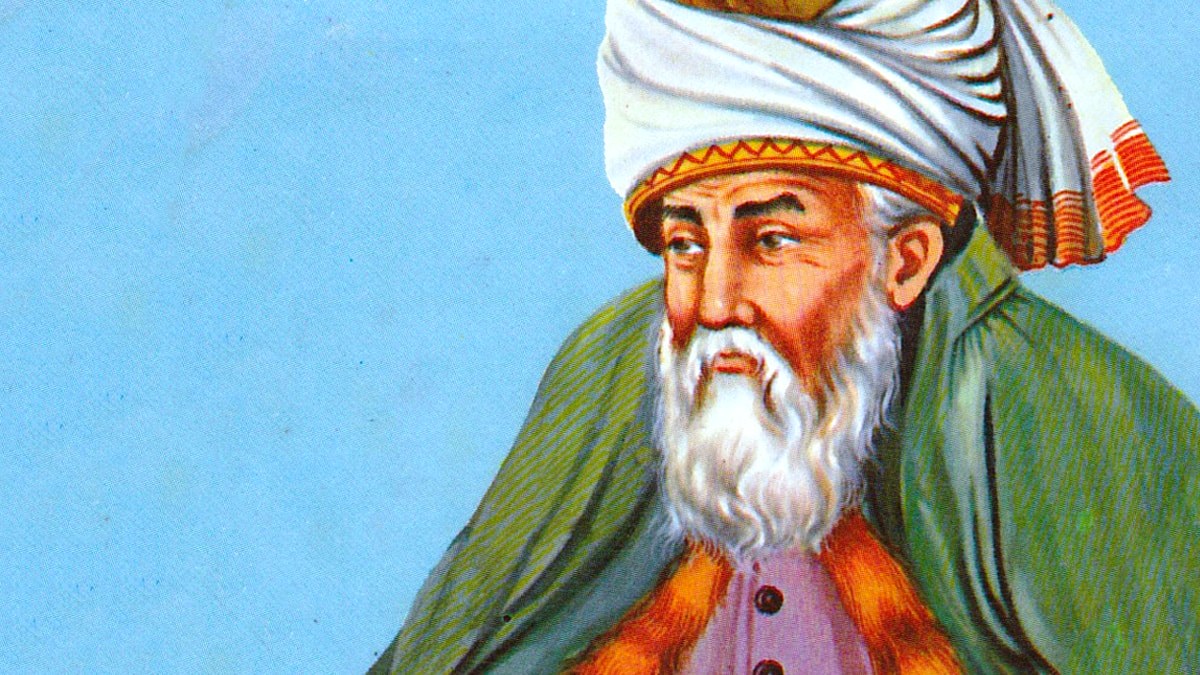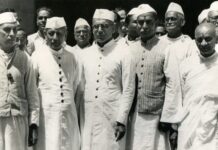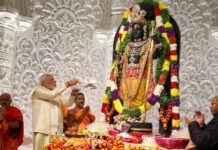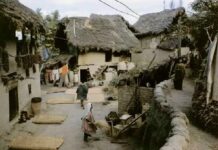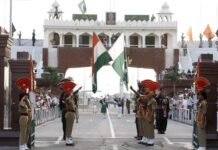British poet journalist, Sir Edwin Arnold (1832-1904) is credited for his book The Light of Asia that is seen as the first serious introduction of Buddhism to the Western world. Jairam Ramesh whose scholarly book The Light of Asia: The Poem That Defined The Buddha was published by Penguin last month has one chapter dedicated to Arnold’s translation of a set of Vakhs of Lalla Ded into English.
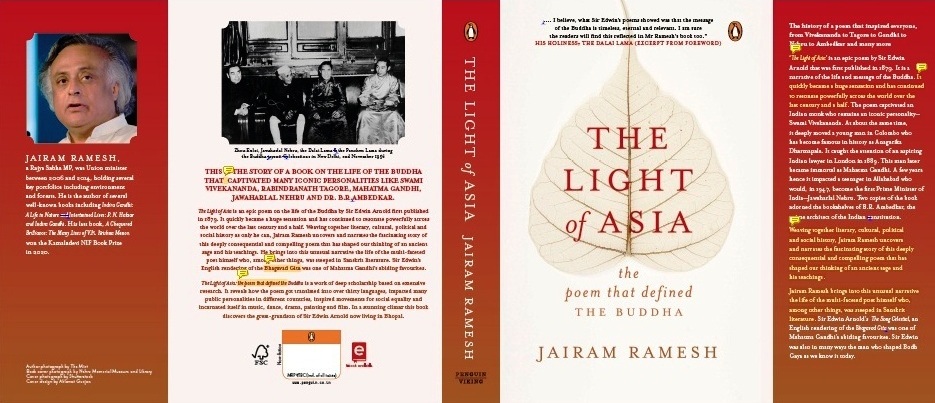
In 2002, there appeared in New Delhi a slim thirty-five-page monograph with a long and forbidding title: A Monograph of The Announcement of Discovery of 47 Newly Found Vakhs of Lal Ded and Sir Edwin Arnold’s English Translation, so far Unpublished of 120 Vakhs, Embodied In The Manuscript of Pandit Amarnath’s Lallesvari Vakyani With Shiv Nath Hundoo, With A Brief Note By S N Pandita.
I had never heard of it; neither would have most. Had it not come up in a search of ‘Sir Edwin Arnold’ in the catalogue of the British Library, I would have missed this story. It is difficult to believe but it is worth telling.
Lallesvari was a fourteenth-century saint and princess revered even today by Hindus and Muslims in the Kashmir Valley. Her verse-sayings are called Lalla-Vakhs, the earliest compilation of which has come down to us from the early part of the eighteenth century.
In 1876, the German Indologist Georg Buhler had deposited his collection of the Lalla-Vakhs, gathered by him in Kashmir the previous year, at the Deccan College in Poona. This is important, for it provides a connection to Arnold. In 1920, George Grierson, a noted British administrator in India, published Lalla-Vakyavani, comprising the original sixty of the early eighteenth century plus an additional forty-nine he had himself discovered and had recorded.
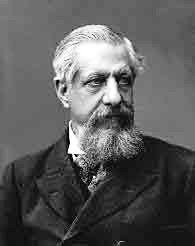
In May 2002, Shiv Nath Hundoo was rummaging through the papers, books and other records of his father Suna Bhatta Shastri, a great Sanskrit scholar of Kashmir. Hundoo stumbled upon a manuscript, Lallesvari-Vakyani, a work by his elder brother Amar Nath Hundoo, who was a brilliant Sanskrit student and who had commenced this work in early 1934 and completed it in a year. Sadly, he died very young, in February 1938.
Now here is the sensational part. In his late brother’s manuscript, Shiv Nath Hundoo also found, in his own words:
Sir Edwin Arnold’s English translation, so far unpublished, of as many as 120 vakhs, of which the first sixty are those that have come down to us from Rajanaka Bhaskara [the early eighteenth-century collection] while the additional sixty vakhs appear to be those collected by Arnold from elsewhere.
Shiv Nath Hundoo also writes that the evidence points to Edwin Arnold having done the translations after receiving the knighthood [that is January 1888]. But he makes two errors of fact. He writes that Arnold must have been in Bombay in 1888–89 and later in Srinagar as well. In Bombay, Hundoo’s surmise is that Arnold would have been provided with access to the Buhler collection at Poona, and in Srinagar, he believes Arnold left behind his translations, which his late brother had managed to obtain.
That there is an annotation in Amar Nath Hundoo’s manuscript saying ‘Sir Edwin Arnold’s translation’ is indisputable. What is also beyond doubt is that Arnold was in Poona for a few days in November 1885. But what is also incontrovertible is that Arnold himself makes no mention of these translations anywhere, nor does his biographer. This is indeed mysterious. How did Arnold access the Buhler collection?
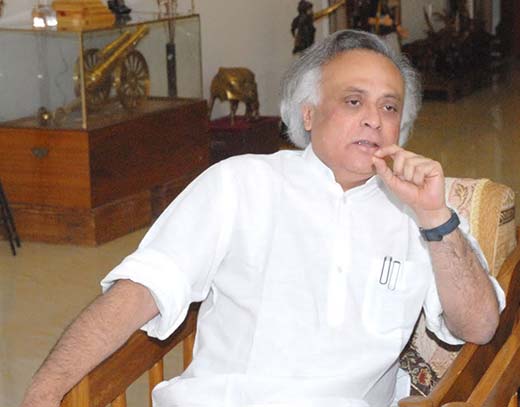
I tracked down S N Pandita, who had written a brief note in this monograph at the request of Shiv Nath Hundoo. Pandita, who lives near New Delhi, had looked into Amar Nath Hundoo’s manuscript and confirmed that it contains the English translations by Sir Edwin Arnold, acknowledged in writing by Amar Nath
Hundoo himself. There is one possibility. Could it be that Arnold had done the translations before he was knighted? Could he have done them during his visit to India in 1885–86? But then if indeed he had, why did he not write about them in India Revisited and how had Amar Nath Hundoo accessed Arnold’s translations in Srinagar in the mid-1930s?
One of the most famous detectives ever was created by a man who was an early admirer of the Theosophical Movement and who would definitely have read The Light of Asia when it first came out. ‘Arnold and the Lallesvari-vakyani’ is a fit case for Sherlock Holmes.
The Buddha makes his presence felt in many of Conan Doyle’s Stories.



